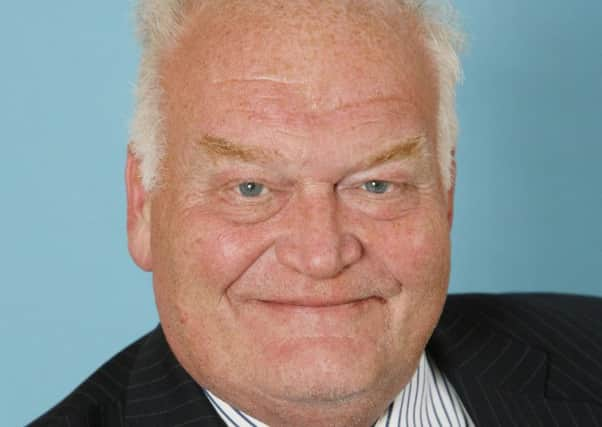Derbyshire Dales councillors reject roads levy plan . . . for now


The Community Infrastructure Levy (CIL), came into force in 2010.
It can be adopted by councils, much like Section 106 funding, to ask developers for money to build roads and relevant infrastructure to support proposed projects.
Advertisement
Hide AdAdvertisement
Hide AdThe levy is charged based on the amount of floor space the relevant scheme includes per square metre.
Derbyshire Dales District Council conceded that it was “late to the party” with pursuing it.
The policy could see the authority charge £120 per square metre in high value areas, £50 per square metre in medium value areas and £10 per square metre in low value areas.
All funding would go towards building roads and other infrastructure such as roundabouts and cycle paths to serve the new development.
Advertisement
Hide AdAdvertisement
Hide AdThe future of the policy was further discussed at meeting of the full council at Matlock Town Hall last night.
Members of the public and councillors often decry the lack of a sustainable infrastructure for new developments, saying that crowded roads would become more chaotic.
However, Steve Capes, head of regeneration and policy at the authority, said: “The updated evidence indicates that if the district council were to continue with the introduction of a Derbyshire Dales Community Infrastructure Levy that is likely to have an adverse impact upon the delivery of new residential development across the local planning authority area.
“It is considered that such a situation cannot be countenanced as it will thwart the delivery of new residential development as developers will be deterred from developing in the Derbyshire Dales as it uneconomic to do so.”
Advertisement
Hide AdAdvertisement
Hide AdCouncillors voiced their disappointment that the scheme could not be viable for the area and agreed to review the situation regularly to see if it could be brought in at a later date.
Mr Capes continued: “It would render development unviable and it would mean developers would not develop in the district and we would not be getting any houses built.”
He said the policy was a “victim” of the current market.
Council leader Lewis Rose said: “I am very disappointed about this, affordable housing is still going to be at a contest with infrastructure.
“This was a common sense proposal and it was the way forward.”
Advertisement
Hide AdAdvertisement
Hide AdCoun Steve Flitter said: “What a saga this has been, I am disappointed but when I look at the evidence, if a CIL was in place it would be inoperable and not benefit the area.
“I have my misgivings but it is the right way to go.”
Paul Wilson, the authority’s chief executive, said that a CIL is designed to be a much quicker and much broader form of infrastructure funding.
Councillors voted by 24 votes to two to review the CIL policy to see if it could be brought in in future.
Eddie Bisknell , Local Democracy Reporting Service